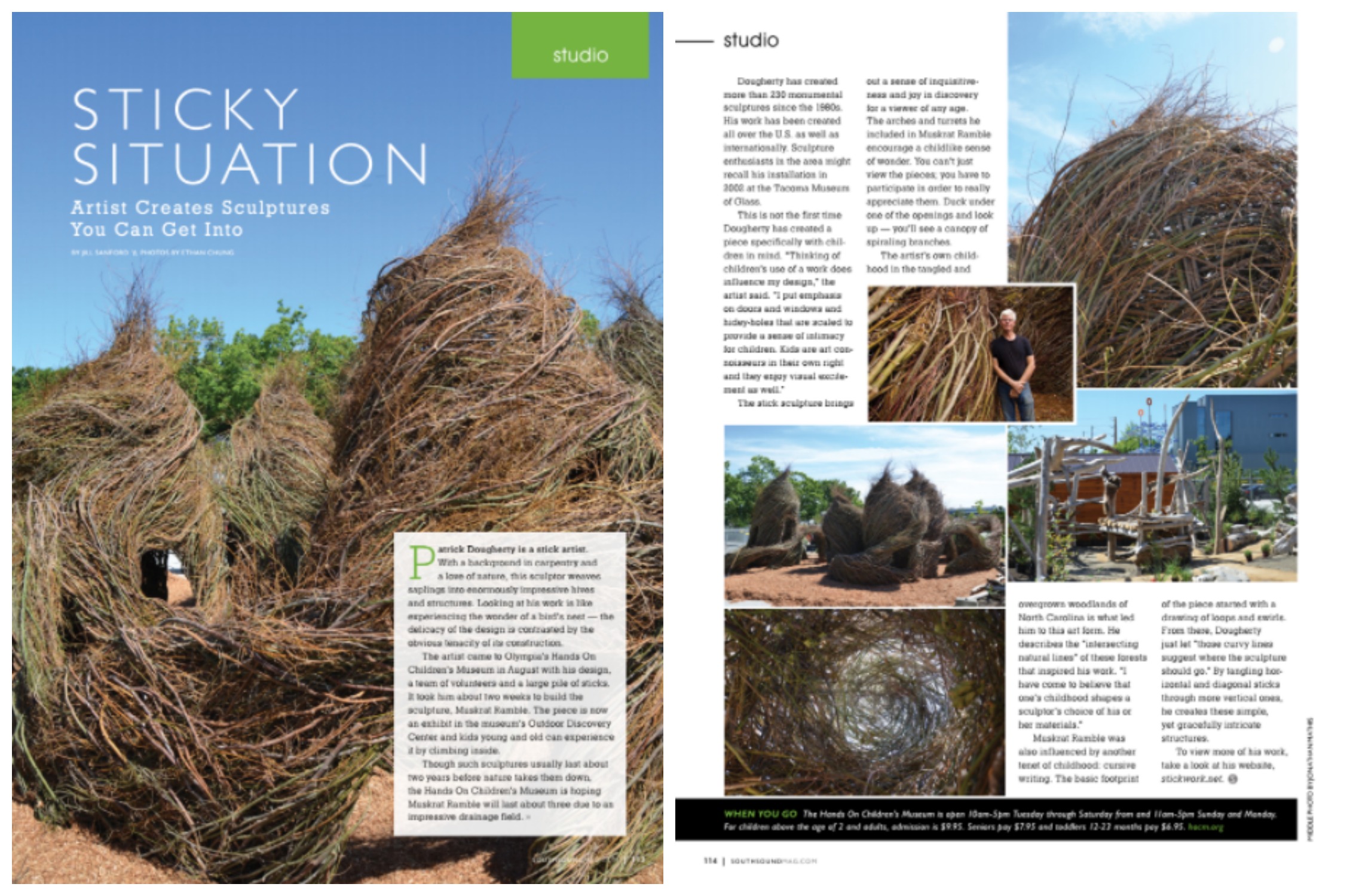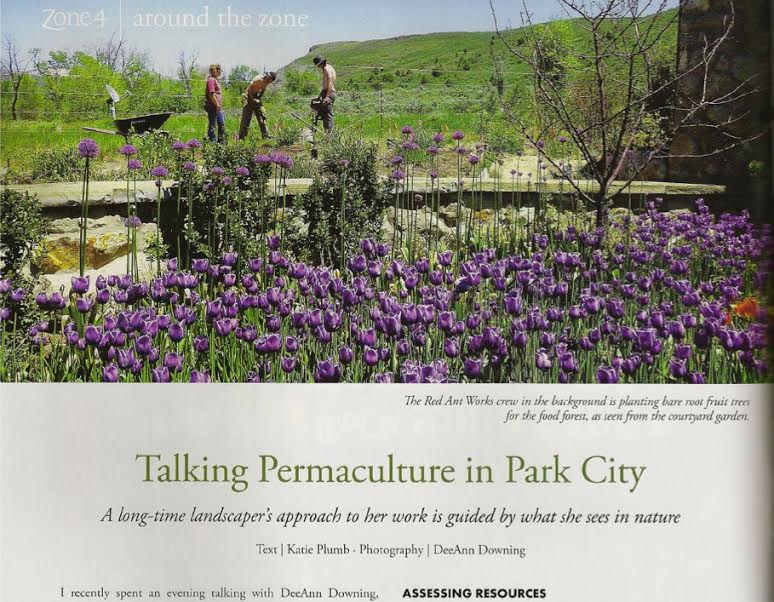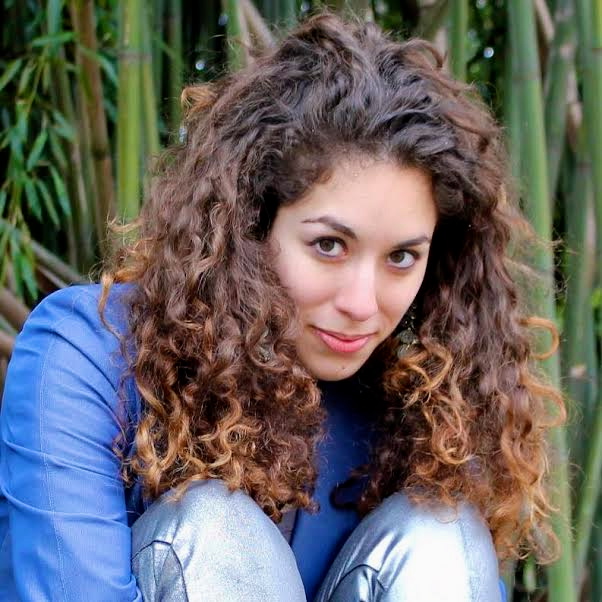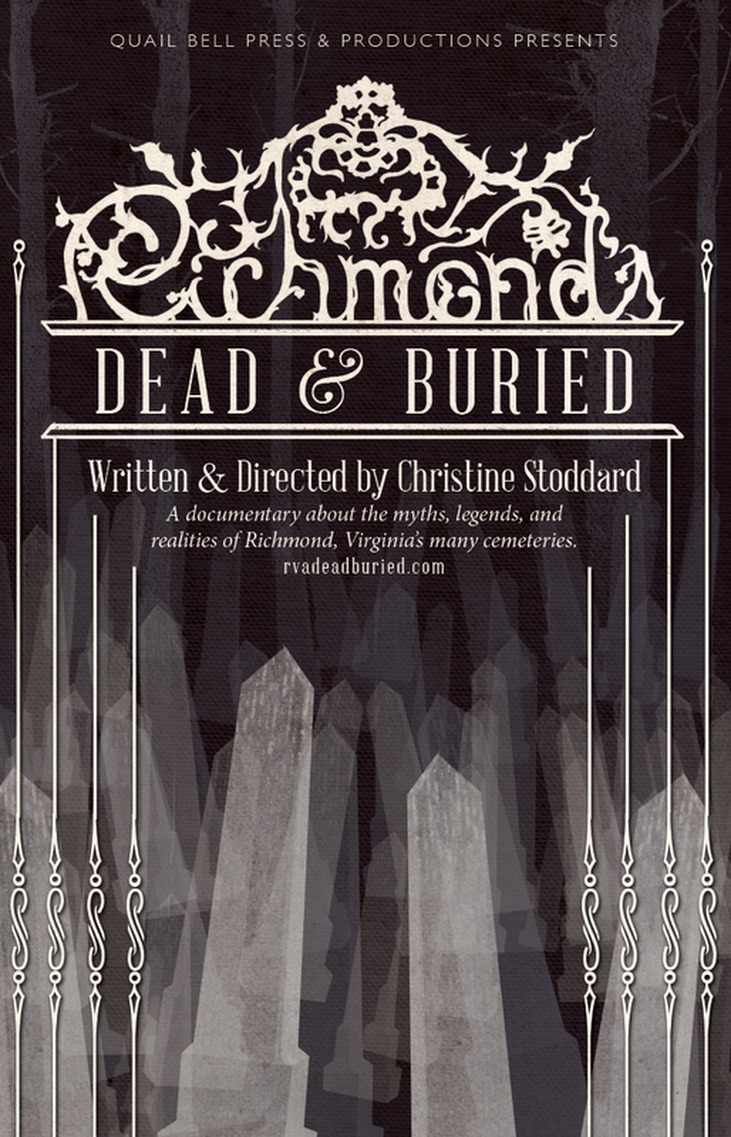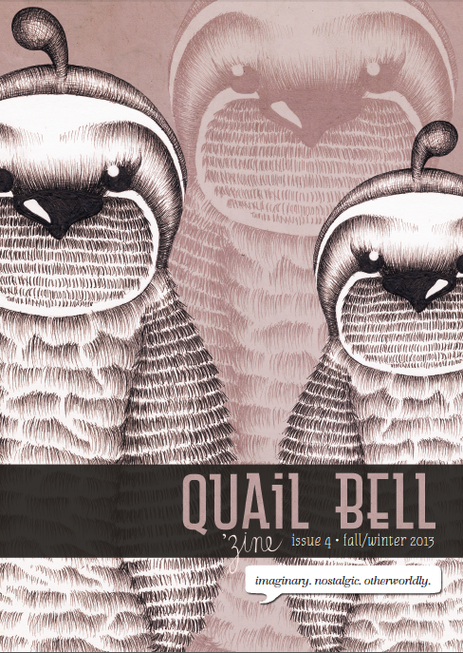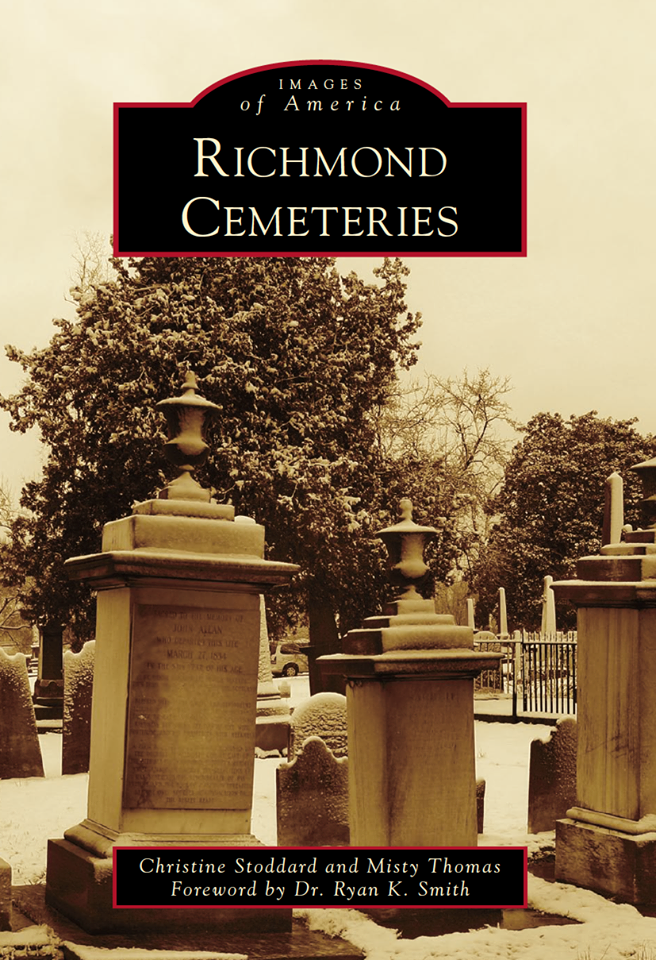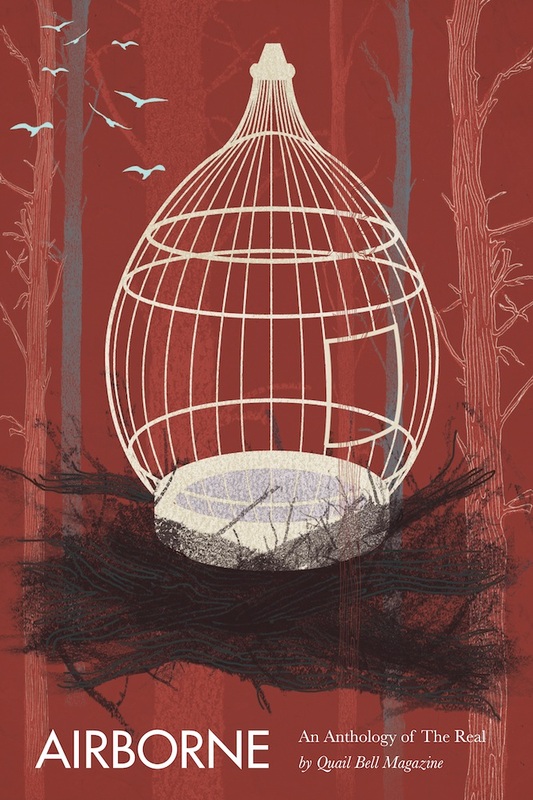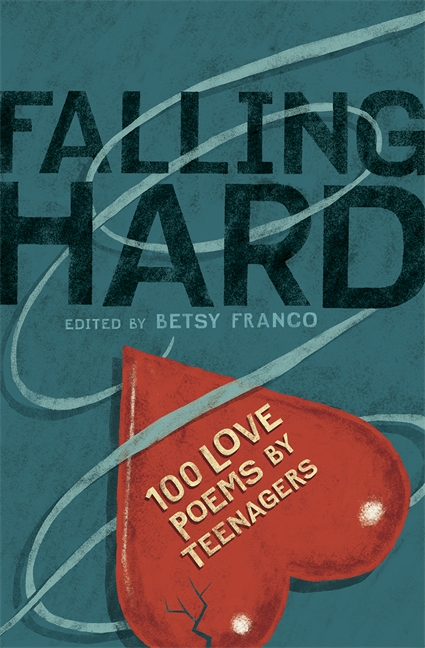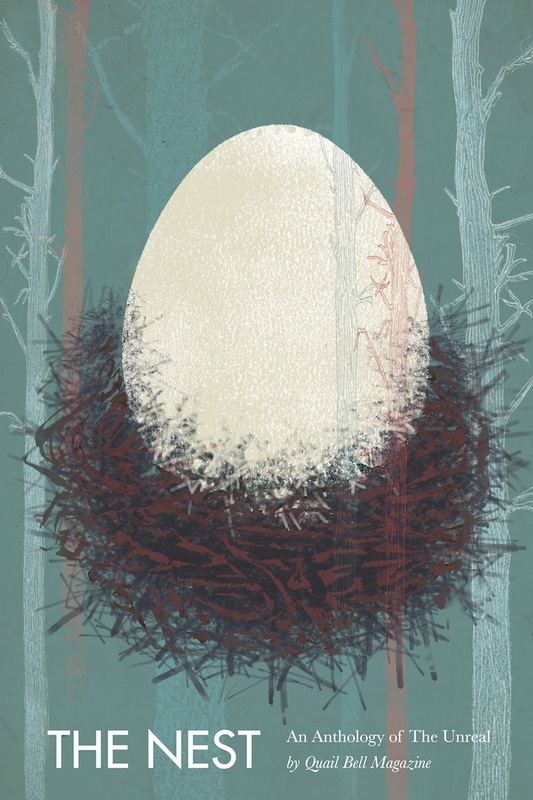Name: Drake Lucas
Age: 34
College & Majors/Minors: BA in English & minor in French from University of Puget Sound. MA in journalism from Emerson College.
Current Location: Brooklyn, NY
Current Form of Employment: Grant Writer @ Human Rights Watch
Where do you work and what is your current position?
I am a grant writer at the international non-profit Human Rights Watch. Human Rights Watch has a team of writers on staff to write letters of inquiries, grant proposals, and reports for foundations and major donors. The topics I regularly write about are children’s rights, refugee rights, and rights in the Middle East and North Africa. Writing for donors is a particular style of writing that requires not only researching and knowing about the organization and its work well enough to make it interesting, but also trying to know enough about the person you are writing for to tailor the piece to them. Depending on how familiar they are with the organization and their particular interest, they may want something more general or more detailed. Grant writing can be creative— for some donors, it’s about writing a compelling narrative about our work. Other times, it’s more about filling out forms and writing succinct answers.
Before this, I worked at the press desk at Human Rights Watch where I connected journalists working on pieces about international human rights issues with the experts at Human Rights Watch. I also proofread press releases, making sure each piece was consistent with AP and our in-house style guide.
Tell us about how you found your first job, and how you found your current job (if different).
Internships were key in helping me get my first writing job. I went to graduate school for journalism and got an internship at a local paper while I was finishing my degree, which gave me the experiences and clips I needed to go for my first reporting job. To try out for the reporting job, I had to work for three days in a newsroom reporting on and writing about a town I was unfamiliar with. They were looking for someone who could not only write, but could also interview, research, cover breaking news, and find interesting stories.
For my current job, I had an opportunity to volunteer writing grants for Human Rights Watch while I was still working at the press desk. I was able to work with and learn from the grant writing staff, and try doing the job to see if it was something I was interested in. When a job opened up, the interview process involved both a sit-down interview with a panel of people, as well as a take-home writing and editing test. It’s a job that requires working with many different people, both on the grant writing staff and with the staff of the entire organization, as well as donors. They wanted someone who could write and edit on a variety of topics and work well with many different personalities. The job also requires being able to take difficult and complex topics and put them in clear and easy language, so they can be understandable for an audience that may not know much about the topic.
For all jobs with writing, being able to work on deadline is important.
What was another writing-related job that was important in your career?
Being a reporter is great training for any writing job. You have to write on deadline whether you are “inspired” or not. You have to collect information fast, but be accurate. You have to deal with a variety of people, both inside and outside the paper. You learn to handle criticism—people won’t always like what you write, and they will be vocal about it. You are edited on a daily basis by— often blunt— editors. You sometimes write about topics you may not have ever heard of, so you have to find the people who can explain it to you and research it enough to write with some authority. You have to be careful that you get it right because people will call you out when you get it wrong. And you have to be able to write long features that you might get a month to work on, as well as be able to jump in a car, go to a fire, find the story, and come back and write an article within hours. It’s tough work and long hours and little pay. But it’s great when you uncover news, and it’s fun to see a story in print that you are really proud of.
What did you do in college to prepare for your post-grad life?
For a writer, any activity or class might come in handy, so I say mix it up. Find room in your schedule to take classes outside your degree. I wrote a series of articles about jazz music in Boston from an interest I developed in a jazz appreciation class that I took in college to fill an art requirement. For my current job, I draw on information I learned in a class I took in college on the history of nonviolence. Learning about new topics – and having to write about them – is a good skill to have. And you never know when you will discover a true passion.
I also minored in French and studied abroad in France, then did a lot of traveling. Learning another language helps you to understand your own language better, and traveling is a way to experience different cultures and confront different points of view. Traveling makes you notice things more— while you are away and then about your own country when you return. Any writer needs to have open eyes to notice details, and then be able to share those details, which I did through letters home and later in travel-writing pieces. Now that I work at an international organization, the more I travel, the more it helps me understand people and connect with them. And everyone should experience being the foreigner. It helps develop compassion and often makes for great stories.
What is your advice for students and graduates with an English degree?
Strunk and White’s The Elements of Style. Read it. Love it. Memorize it.
Write for fun, no matter what your job is. Writing as a job, even if it is interesting and you like it, does make it a job, and you won’t love it every day. You will have to write on days when you don’t feel like it about things you don’t feel like writing about. It’s important to have a space where you write what you want when you want how you want. I have kept a journal since I was 9— not every day, but when I feel like it. It provides therapy and has also helped me be able to just open a page and start writing, letting the words come, not worrying about editing. I also started a whiskey blog, a fun space for me to explore learning about whiskey, develop my own voice, and write in a looser style.
Learn a good second-job skill, like waitressing, or being a barista or a nanny. A lot of beginning jobs or internships don’t pay well, if at all, especially the fun ones. Experience can be more important than money when you are starting out or shifting jobs, and the connections you make are invaluable. I did internships, I volunteered to write articles for local papers while in school, I wrote grants for free while I was doing my previous job. You can survive on surprisingly little money and can work a surprising amount of days in a row when you are determined to learn something and produce something. And then you can draw from all those random jobs for good writing material.






